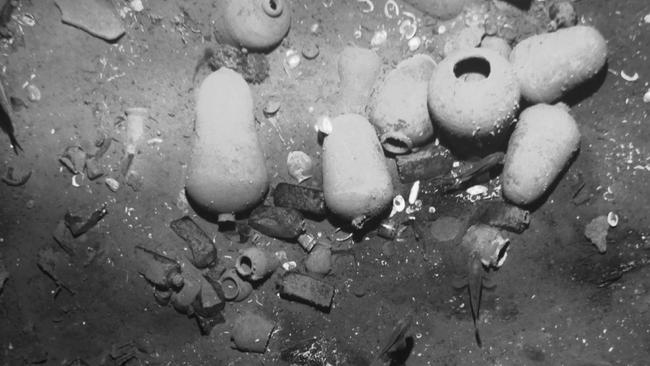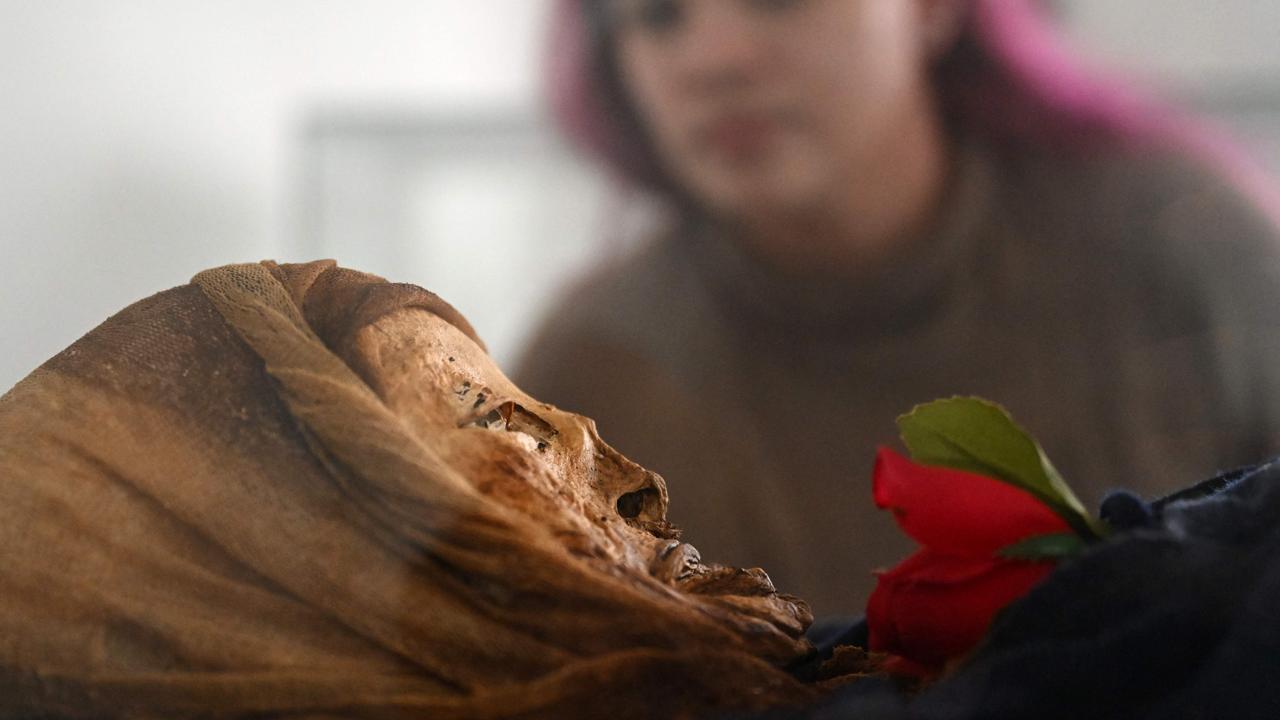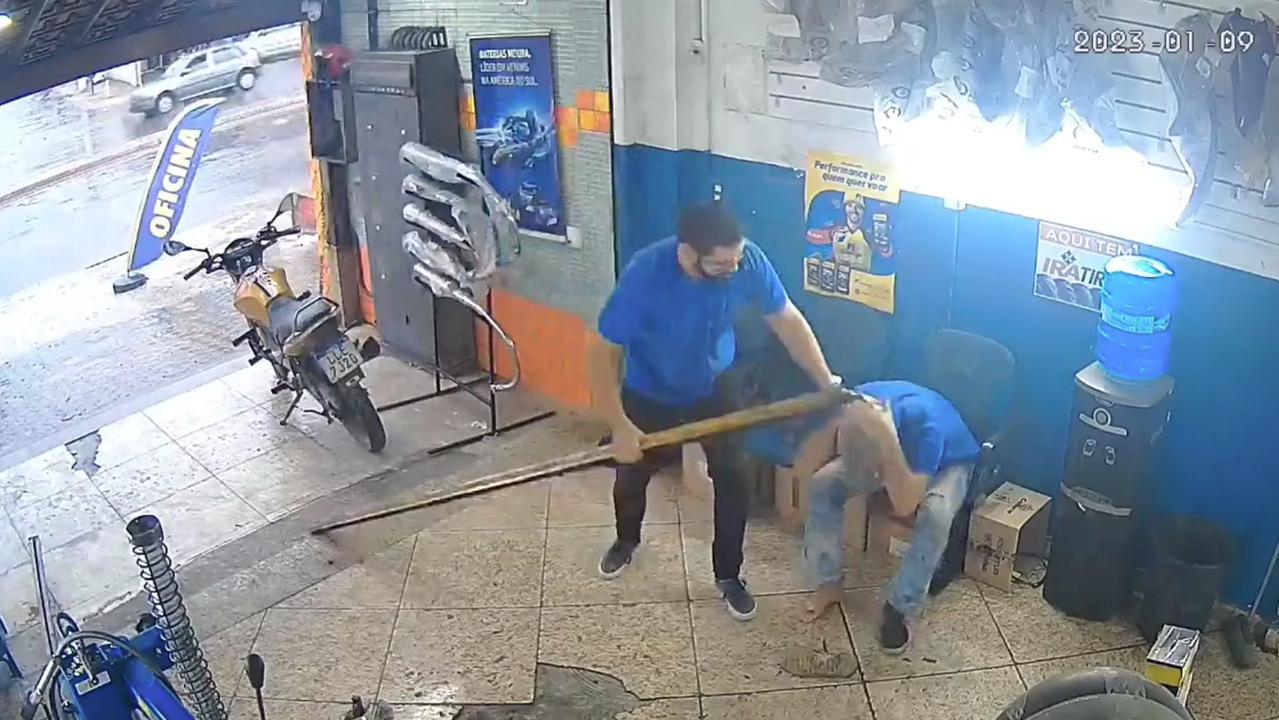Colombia locates treasure-filled shipwreck
ITS location has been a mystery since it sunk 300 years ago with a billion dollar cargo of emeralds, gold and silver coins. But Colombia says they’ve found it.

COULD this be the sunken galleon known as the holy grail of shipwrecks?
Colombian President Juan Manuel Santos certainly thinks it is the San Jose galleon, which is said to have sunk with a hull full of emeralds, gold and silver coins in 1708. The sunken treasure’s value has been estimated at between $4 billion and $17 billion. Santos announced the astounding discovery on Twitter. “Great news: We found the galleon San Jose! Tomorrow I will give the details in a press conference from Cartagena,” he tweeted. The San Jose was lost to the bottom of the ocean in 1708 when it set sail as part of King Philip V’s fleet during the War of Spanish Succession. It is believed the wreckage has been located off the coast of Cartagena, where it was said to have disappeared. The ship was located on November 27 by the Colombian Institute of Anthropology and History with the assistance of the navy and international scientists. It was found off the Caribbean coast of the Colombian in a location never reverenced or searched in previous studies using the Systematic Prospecting Regional scanning method. The SPR method uses sonar, special cameras and an autonomous underwater vehicle, which the researchers to navigate and operate. Researchers are confident the shipwreck is the San Jose, judging from the specifications of its bronze cannons. The site contains evidence of the galleon’s original structure, ballast and endowment. There is also drawers, weapons, and ceramic and porcelain vases. Although the shipwreck has been located, it will now become a long-term project that could last several years. The initial stage of scanning will be followed by excavation, intervention, preservation and dissemination. Ownership of the missing shipwreck was the subject of a contentious and long-running legal battle. However, the Colombian Government has claimed ownership, citing a US court declaration in 2011.



